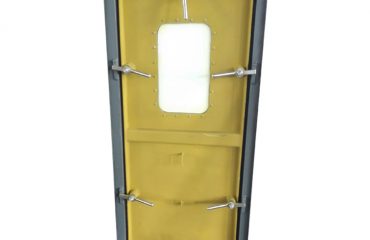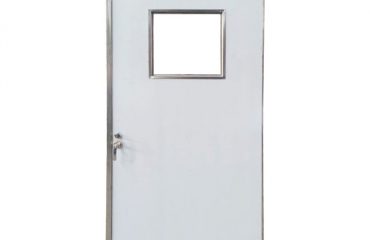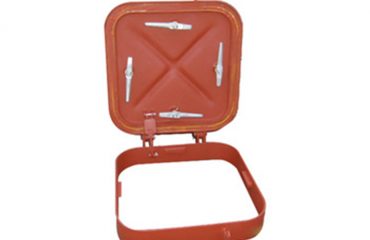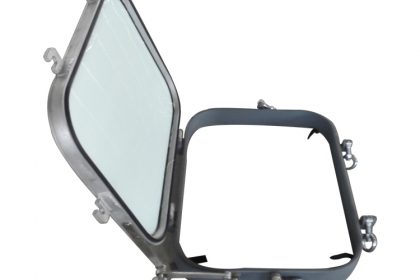
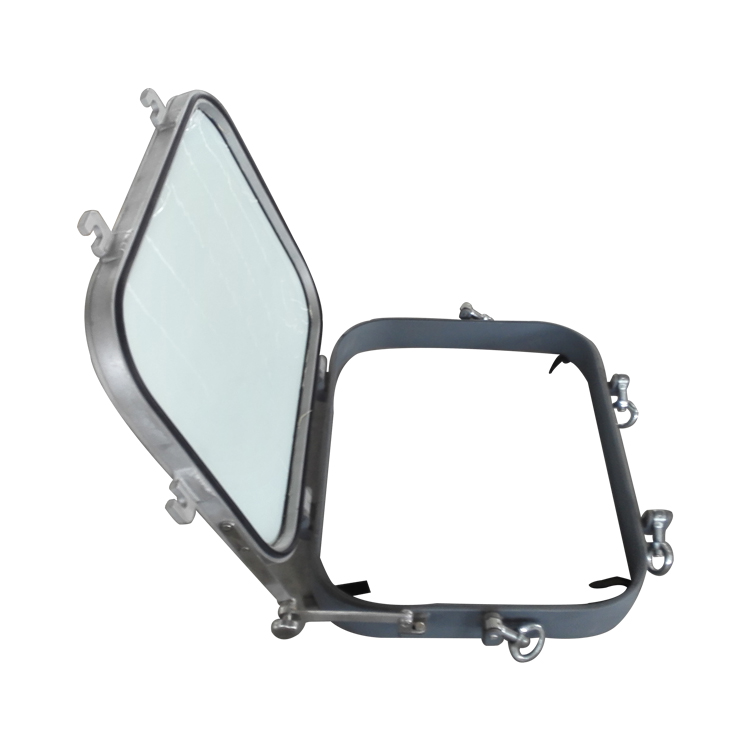
When it comes to choosing materials for ship windows, several factors need to be considered, including durability, visibility, strength, and cost. The materials used for ship windows must be able to withstand the harsh marine environment, which includes exposure to saltwater, extreme temperatures, and high winds. Additionally, ship windows must provide clear visibility for the crew to navigate safely.
One of the most commonly used materials for ship windows is tempered glass. Tempered glass is a type of safety glass that is treated with heat to increase its strength and durability. It is also more resistant to shattering, making it a safe option for ship windows. Tempered glass is known for its excellent clarity and visibility, allowing the crew to have unobstructed views of the surrounding environment.
Another popular material for ship windows is polycarbonate. Polycarbonate is a lightweight and impact-resistant material that is also highly durable. It is often used in areas where the windows are more likely to be subjected to impact or extreme weather conditions. Polycarbonate windows provide good visibility and are less likely to shatter than glass windows.
Acrylic is another material that is commonly used for ship windows. Acrylic windows are lightweight, durable, and have good optical clarity. They are also resistant to UV rays and do not yellow or become cloudy over time. Acrylic windows are a popular choice for ship windows because they are easy to maintain and provide excellent visibility.
For ships operating in extreme conditions, such as icebreaking vessels, laminated glass windows may be the best option. Laminated glass consists of two or more layers of glass bonded together with a layer of polyvinyl butyral (PVB) in between. This construction makes laminated glass extremely strong and resistant to impact, making it ideal for ships that navigate through icy waters.
Some ships may also use reinforced glass windows for added strength and durability. Reinforced glass windows are made by adding a layer of polyester or vinyl ester to the glass, which helps improve its impact resistance. Reinforced glass windows are commonly used in high-speed vessels or boats that are at risk of collisions or impacts.



